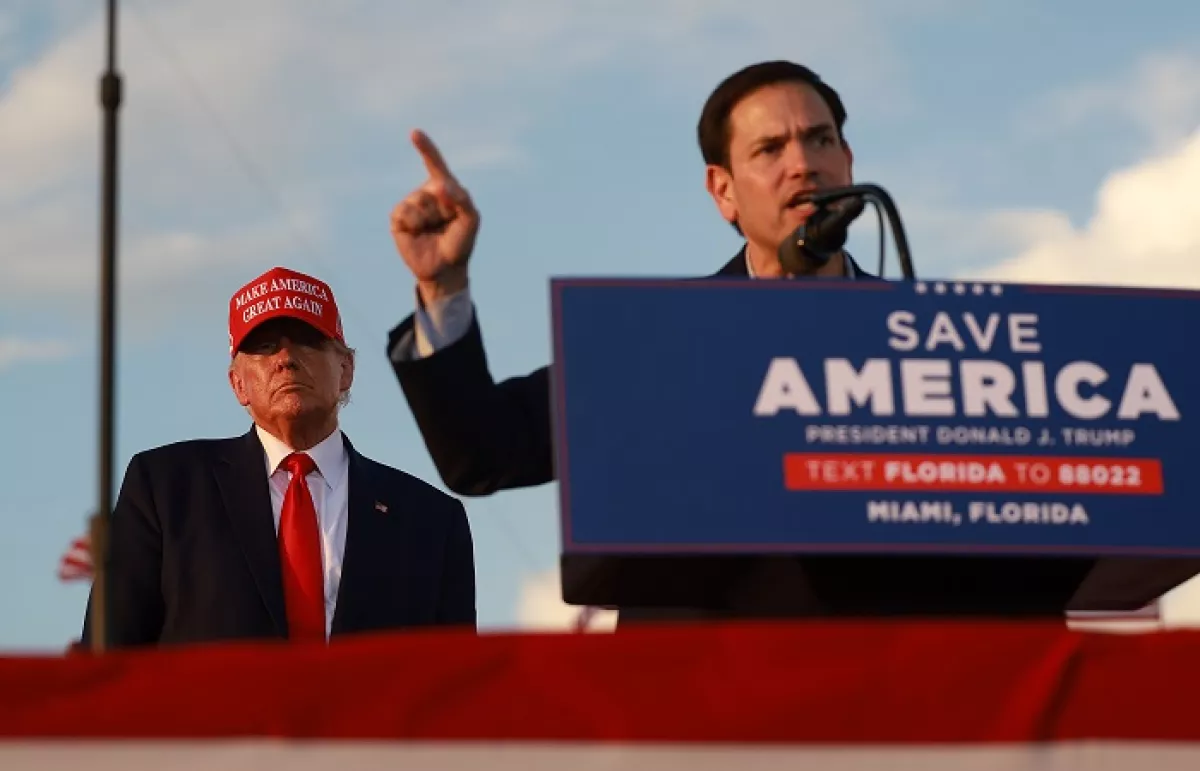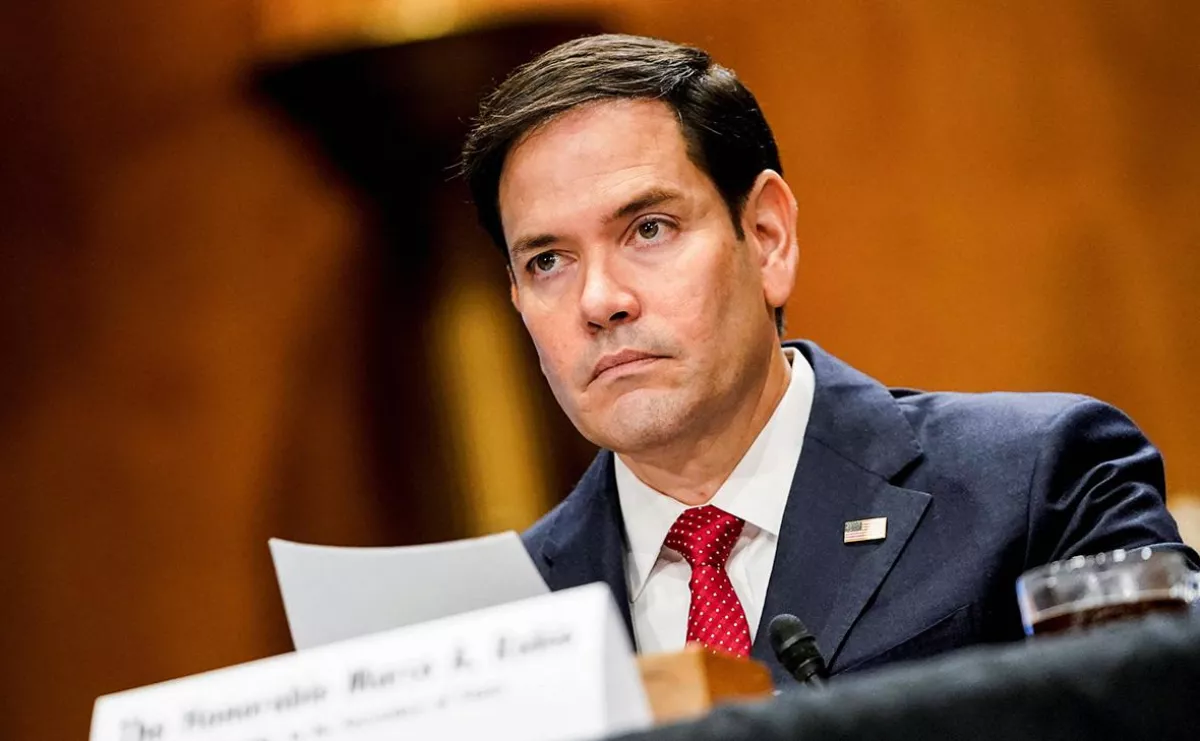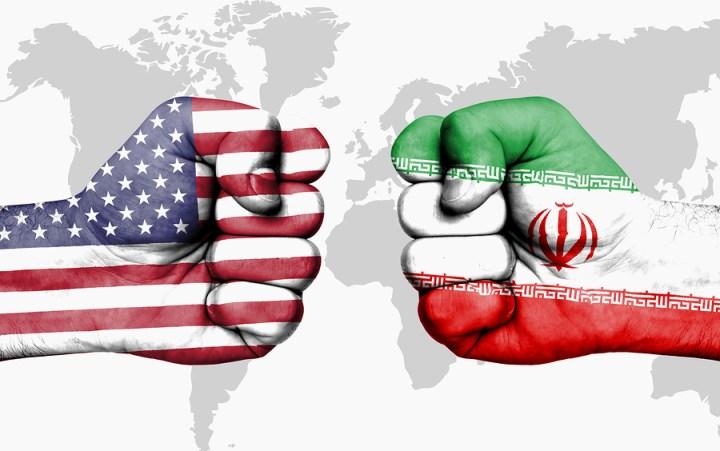Marco Rubio's vision for US foreign policy A tough stance on Iran and support for AUKUS
Marco Rubio, appointed by Trump as Secretary of State, has the potential to become a significant figure in the new administration, provided he maintains his position. Recently, he outlined the key directions for future U.S. policy towards Iran.
"I think Marco is a hawk, but he’s also an internationalist, and I think the challenge for him will be to maintain the long bipartisan tradition of America being indispensable in world affairs," Democratic Sen. Brian Schatz, who served alongside Rubio on the Foreign Relations Committee, told The Associated Press." And there are people in the Trump world who want us to run away from being the leaders of the free world. And I’m hoping that Marco’s instincts towards American strength will win the day," he added. Here, internationalism refers not to the camaraderie of different peoples but to the desire to maintain the U.S. role as a global regulator. This doesn’t align very well with Donald Trump’s isolationist ideas.
Rubio's approach to foreign affairs is based on his many years of work on the Senate Foreign Relations Committee and the Senate Intelligence Committee. In his speeches and articles, he warns about the growing military and economic threats to the United States' global interests.
It’s possible that Rubio will become a leader in American foreign policy, although his role will undoubtedly remain secondary compared to Trump's. The newly elected U.S. president's spontaneity and contradictions with allies during the previous administration, when he fired staff members one by one, make his policy unpredictable. However, in any case, we can, to some extent, judge the president’s plans based on Rubio’s statements.

Secretaries of State have played a key role in shaping the country's foreign policy since its founding, starting with the first, Thomas Jefferson, who held the highest post in the Cabinet under President George Washington. Later, Jefferson and his 19th-century successors, including James Madison, James Monroe, John Quincy Adams, Martin Van Buren, and James Buchanan, were elected presidents. More recent secretaries were less successful in their political ambitions, including John Kerry, who lost the 2004 presidential election to George W. Bush, and Hillary Clinton, who lost the 2016 election to Trump. The most successful secretaries were known for their close relationships with the presidents they served, particularly James Baker under George H.W. Bush.
Rubio was a political rival of the elected president, and during the 2016 primaries, they exchanged personal insults. It’s worth remembering that Trump had a rather hostile relationship with his first Secretary of State, Rex Tillerson, whom the president fired via a social media post less than two years into his tenure. So Rubio is likely to face significant challenges. However, as long as he represents Trump, his opinion should be taken into account.
On January 15, speaking before U.S. lawmakers, Rubio made a number of important statements. In fact, it was the first time he spoke about Trump’s real international plans. He gave the first public indication that the administration fully supports the AUKUS pact, which is aimed at countering China militarily in the Indo-Pacific region: "I have no doubt there will be support for Aukus from the incoming administration," he said, referring to the pact with American allies — Australia and the UK, and the nuclear submarines the U.S. intends to sell to Australia.
But the most important statements Marco Rubio made were regarding Iran. His speech included several key points that he outlined very clearly and coherently, meaning that they could form the foundation for the future policy of the Washington administration.

First and foremost, he emphasized the importance of distinguishing between the people of Iran and the radical clergy that governs the country. Rubio stated that the Iranians are a people with an ancient civilization and culture, while the current regime does not reflect their values. This statement is supported by both common sense (mass protests undermine the power of the Iranian regime, so the U.S. has no reason to antagonize the Iranian people, the majority of whom reject the clerical dictatorship) and the meticulous work of the Iranian opposition diaspora. Its influence on U.S. officials and security forces is quite significant, and this tactic will likely be adopted by other influential diasporas.
Rubio further noted that Iran is currently in its weakest position in recent years, based on three factors: the collapse of its economy, energy problems, and the loss of influence in the region. Indeed, Iran is simultaneously experiencing a decline in its national currency, 40% annual inflation, nearly 70% poverty, and a crisis in its energy system, resulting in the authorities cutting off power to hundreds of businesses and government institutions during the winter cold. All this is happening against the backdrop of a severe military-political defeat, where Tehran lost its friendly regime in Syria, while its allies Hezbollah and Hamas have been weakened by Israeli strikes. The U.S. will likely seek to exploit Iran's weakness to exert pressure on it.
Rubio also pointed out that within the Iranian regime, there are two approaches to finding a solution: one seeks a way out of the crisis (possibly through agreements with the West), while the other focuses on strengthening nuclear ambitions to create a threat to external powers.

The most important part of Rubio's speech before the senators was the warnings he issued.
Firstly, he stated that Iran would not be allowed to become a nuclear power; the U.S. would not permit Tehran to have the ability to threaten America or its neighbours in the Middle East.
Secondly, he pointed out that a policy of concessions toward Iran could create conditions for the restoration of Hezbollah and the growth of Iranian military power.
Thirdly, he reminded of the real threats, such as Iran’s attempts to organize assassinations of senior American officials.
All of this points to a tough future approach by Washington toward the Iranian regime. This is also reflected in reports published by Bloomberg about the agreement within Trump’s team on certain directions of its activities. The publication states that among the president-elect’s advisors, there is a consensus on certain aspects of his future policy. This involves reinstating the "maximum pressure" policy on Iran and imposing a wide range of sanctions against it almost immediately after inauguration. This refers to a large sanctions package that will target major players in the oil industry and could be implemented as early as February. During Trump’s first term, a similar approach significantly limited Iran’s oil exports, reducing them to around 700,000 barrels per day. After Joe Biden assumed office, Iran’s oil exports grew to nearly 2 million barrels daily. Ninety per cent of this oil is exported to China.
Trump’s approach could lead to an increase in oil prices, which remains a complex issue for the U.S. Ultimately, analysts from Bloomberg point out that Trump’s advisors will face the same question as the Biden administration: how to avoid significant disruptions in oil supply and prices at a time when Washington has imposed sanctions on major global oil producers — Russia, Venezuela, and Iran.








